Linear lighting has revolutionized modern illumination by replacing bulky traditional fixtures with sleek, continuous LED-based solutions. Characterized by slim aluminum or polycarbonate profiles, these systems emit uniform, high-quality light while integrating seamlessly into architectural spaces.
As a cornerstone of contemporary lighting design, linear lighting enhances aesthetics, functionality, and energy efficiency across residential, commercial, and industrial applications. This guide explores its technical foundations, design strategies, and global market trends.
Linear lighting has revolutionized modern illumination by replacing bulky traditional fixtures with sleek, continuous LED-based solutions. Characterized by slim aluminum or polycarbonate profiles, these systems emit uniform, high-quality light while integrating seamlessly into architectural spaces.
As a cornerstone of contemporary lighting design, linear lighting enhances aesthetics, functionality, and energy efficiency across residential, commercial, and industrial applications. This guide explores its technical foundations, design strategies, and global market trends.

Even Illumination: Eliminates hotspots and glare, crucial for workspaces and retail environments.
High CRI (90+): Renders colors accurately, preferred in museums, galleries, and luxury interiors.
Dim-to-Warm & Tunable White: Adjusts from 2700K (warm) to 6500K (cool), supporting circadian lighting.

50-70% Lower Energy Use vs. fluorescent tubes.
50,000+ Hour Lifespan (L70 rating), reducing maintenance.
RoHS-Compliant Materials: Lead-free and recyclable aluminum housings.
Modular Systems: Extendable tracks (1m to 10m+) with solderless connectors.
Bendable LED Strips: Radius options down to 30mm for curved surfaces.
Optics Choices: Diffused, frosted, or clear lenses for beam control.
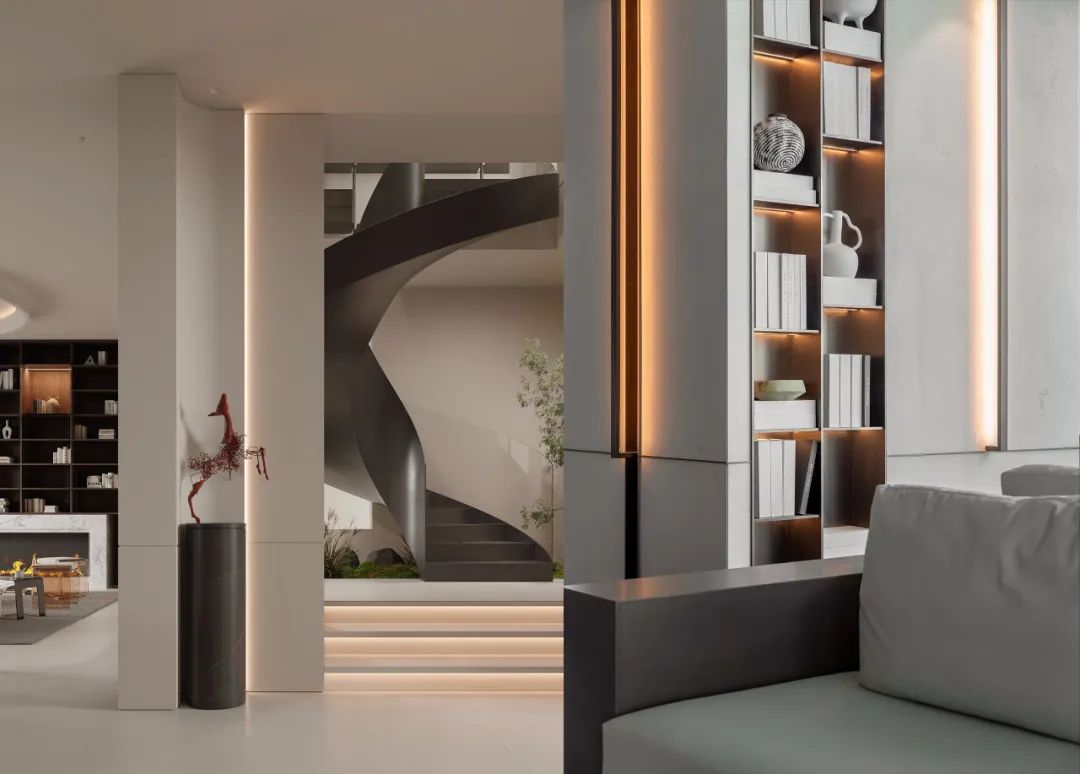
DALI-2 & DMX Control: For dynamic scenes in hospitality and theaters.
Zigbee/Z-Wave Compatibility: Enables smart home automation.
PoE (Power over Ethernet): Emerging in office and healthcare lighting.
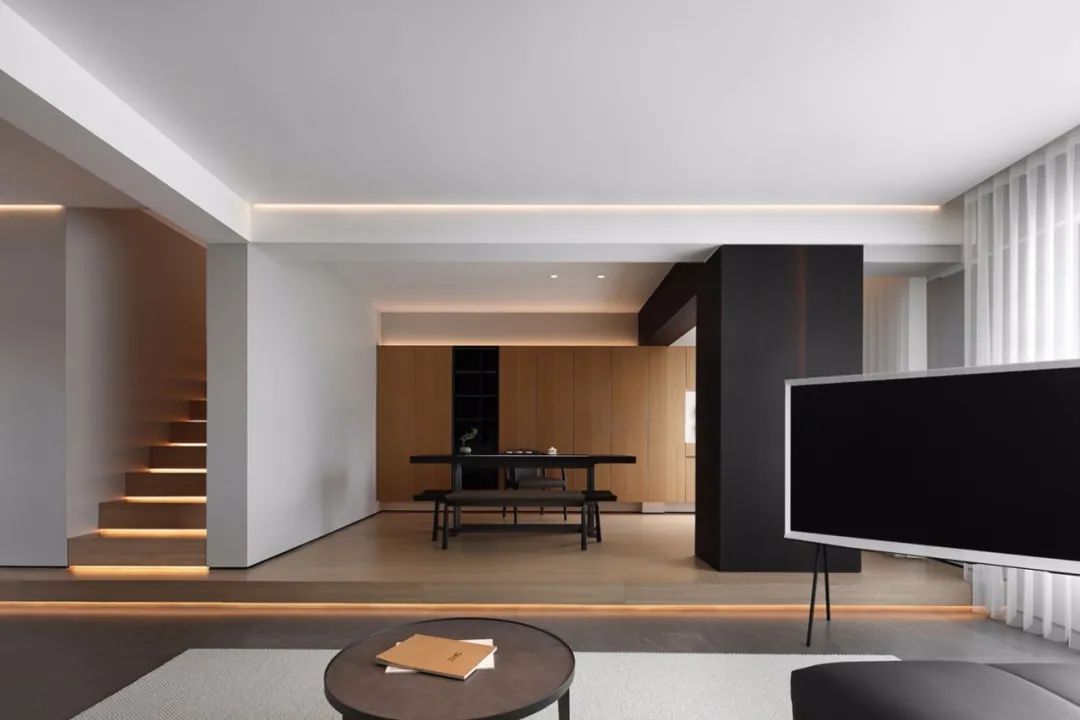
Recessed Linear Fixtures: Flush-mounted for minimalist aesthetics.
Suspended Tracks: Industrial-chic statement pieces in lobbies.
Indirect Cove Lighting: Creates floating ceiling effects (ideal for low ceilings).
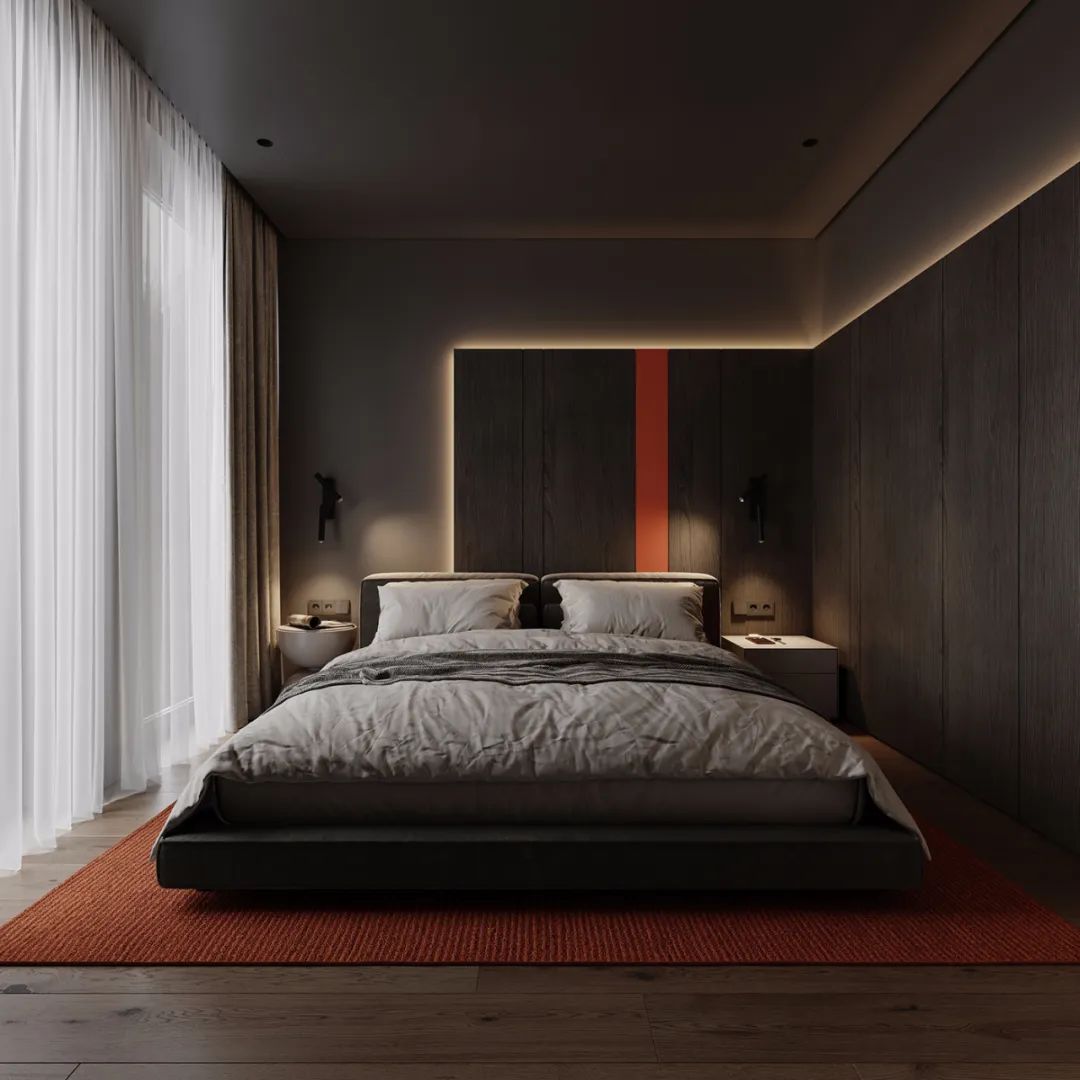
Vertical Runways: Accent walls in hotels and retail.
Media Façades: Pixel-controlled RGB for dynamic exteriors.
IP67-Rated In-Ground Lights: For outdoor walkways and terraces.
Step Lighting: Integrated into stair nosings (anti-slip ratings).
Under-Cabinet Strips: 800+ lumens/m for kitchen countertops.
Office Linear Pendants: UGR<19 for glare-free workspaces.
Museum-Grade Tracks: 97 CRI for product showcases.
Slot Lights: Highlight shelves with precise beam angles.
Cleanroom & Healthcare: Sealed, antimicrobial linear fixtures.
Explosion-Proof: ATEX-certified for hazardous areas.
Connected Street Lighting: Adaptive dimming via motion sensors.
Li-Fi Enabled Linear Lights: Dual-purpose data transmission.
Tunable Circadian Systems: Hospitals and schools adopting 24-hour light cycles.
Modular Designs: Reduce e-waste with replaceable drivers/LEDs.
3D-Printed Tracks: Custom shapes with recycled polymers.
Europe: Emphasis on minimalist, dimmable designs (EN 12464-1 compliant).
North America: High-brightness commercial linear (UL/ETL listed).
Asia: Cost-optimized flexible strips (CCC/CE certified).
Voltage Options: 12V/24V DC (low-voltage) or 120V-277V AC.
Ingress Protection: IP65 (dustproof/water-resistant) for wet areas.
Aluminum Heat Sinks: Required for >10W/ft runs to prevent lumen depreciation.
EU: CE, EN 60598
USA: UL 1598, DLC for rebates
Middle East: ESMA, SASO
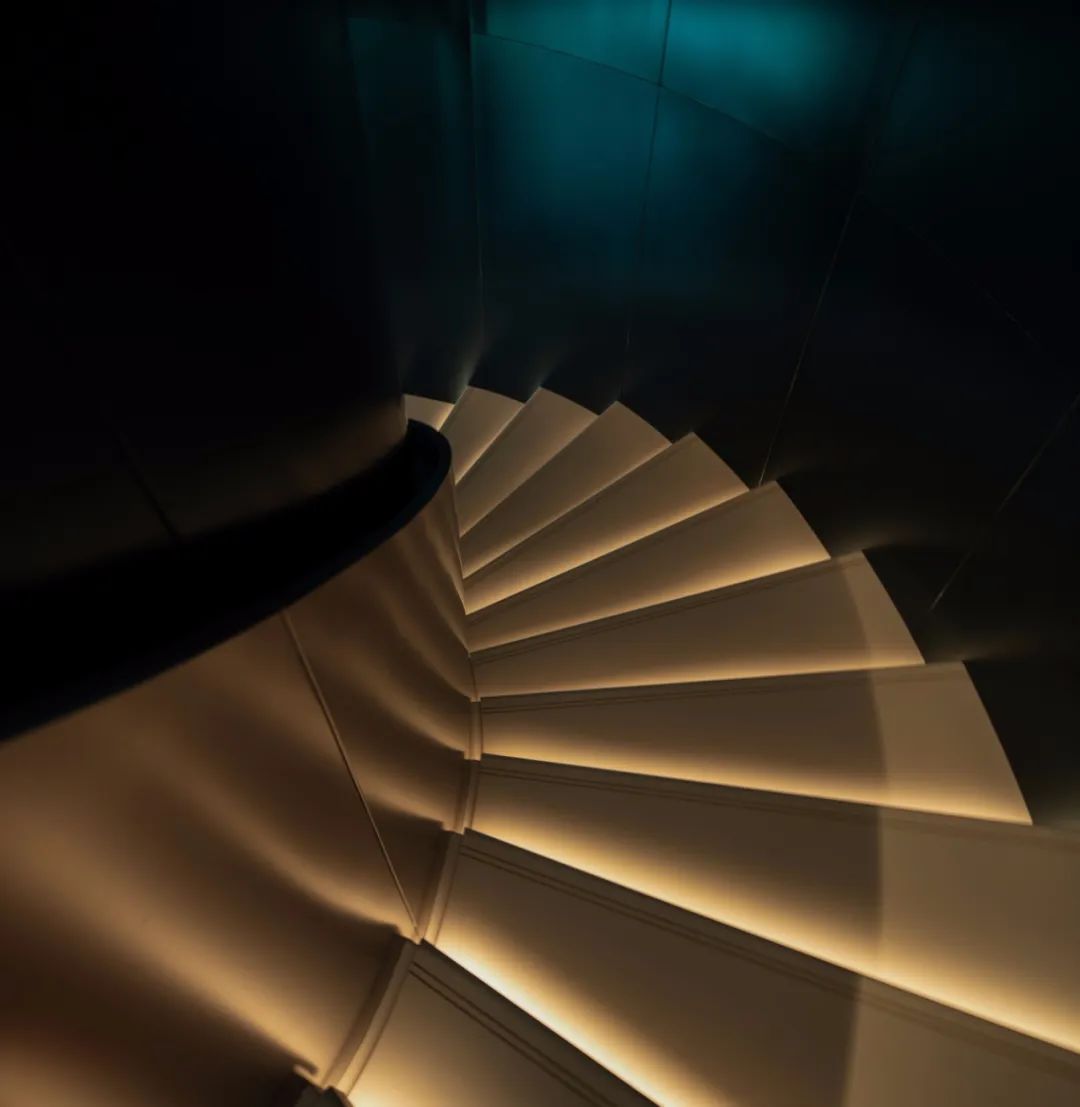
One of the most exciting advancements in track lighting is the integration of smart technology. Many modern systems allow for app-based control, enabling users to adjust light intensity, color, and even schedule lighting to match their routines. This technology allows for greater customization and energy savings, making it an attractive feature for both commercial and residential users.
Many track and magnetic track lighting systems now come with RGB (Red, Green, Blue) and tunable white capabilities. These systems enable users to create a wide range of lighting effects, from warm, cozy hues to cool, bright light, and even color-changing options. This level of customization makes track lighting an ideal choice for spaces that need flexible lighting for different moods or tasks.
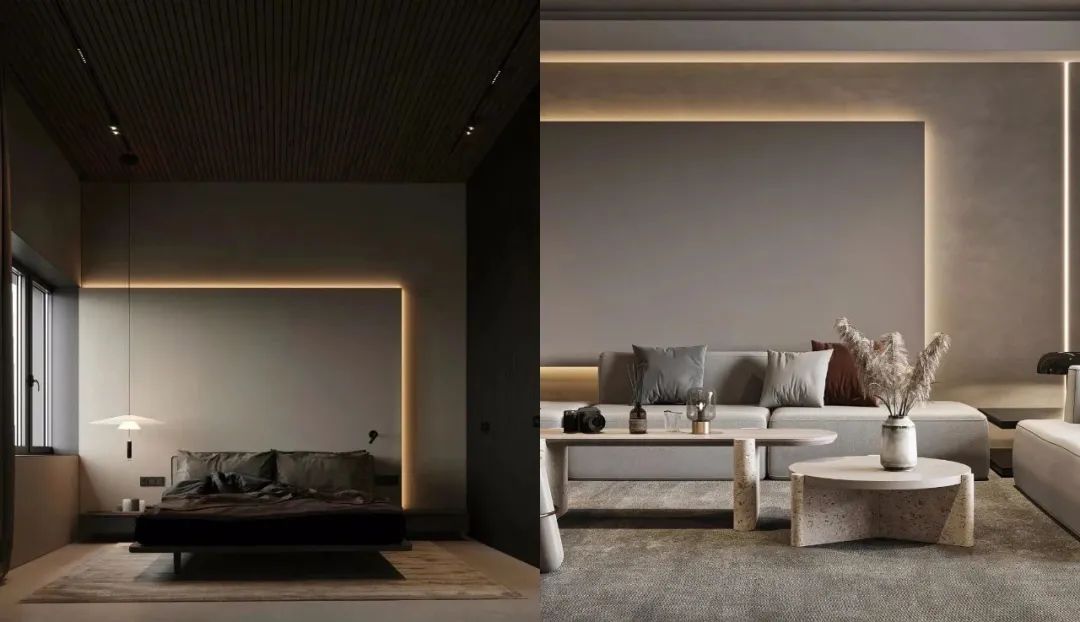
Linear lighting transcends traditional illumination by merging design versatility, smart technology, and sustainability. From high-end residences to smart city infrastructure, its applications are limitless.
Looking for a customized linear lighting solution?
Contact our global lighting experts for a free project consultation.
Previous: Museum-Grade Lighting Technology: The Science Behind Perfect Illumination
Next: Track and Magnetic Track Lighting: Applications in High-End Retail, Art Galleries, and Museums